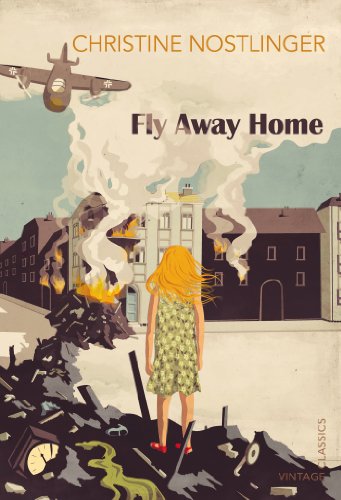Feminist writing takes many forms, and of course the critic has to be able to classify a memoir of love and longing and loss carefully. The very bases of poet Indu Mallah’s writing is an obituary, elegantly written so that the conventional rendering of distress is transformed into a poetic idiom. There is a self consciousness to it, and yet the analytic abilities of Ms Mallah is not bathetic, but rather presents itself as a type of documentation.
There is no attempt at embellishment, or fictionalization, but rather the terseness of description, which captures half a century of a mother-daughter relationship, gives us a significant understanding of tea plantation lives. The women must keep perfect house, they must cook, decorate, garden, and there is the endless round of colonial repasts. Within this space, they entertain people like themselves, and find joy in the successes of their children. The tragedy lies when death occurs.

